Publications
Articles, publications, books, tools and multimedia features from the U.S. Institute of Peace provide the latest news, analysis, research findings, practitioner guides and reports, all related to the conflict zones and issues that are at the center of the Institute’s work to prevent and reduce violent conflict.
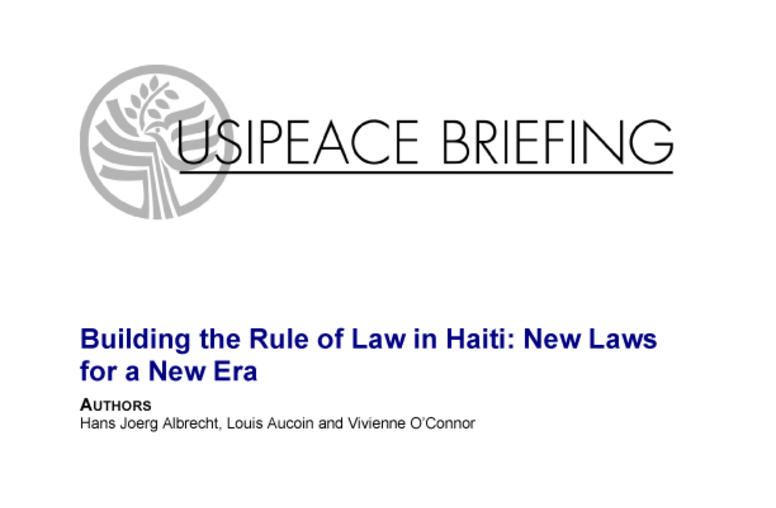
Building the Rule of Law in Haiti: New Laws for a New Era
A new USIP report on Haiti's criminal laws examines the shortcomings of the impoverished country's criminal code – and finds promising opportunities to modernize and reform the laws. Despite Haiti's numerous challenges, the report concludes that new laws in Haiti will usher in a new era where the criminal justice system serves all people of Haiti, including the poor, vulnerable and marginalized, and upon which respect for the law and legitimacy of a stronger judicial system overall can be bui...
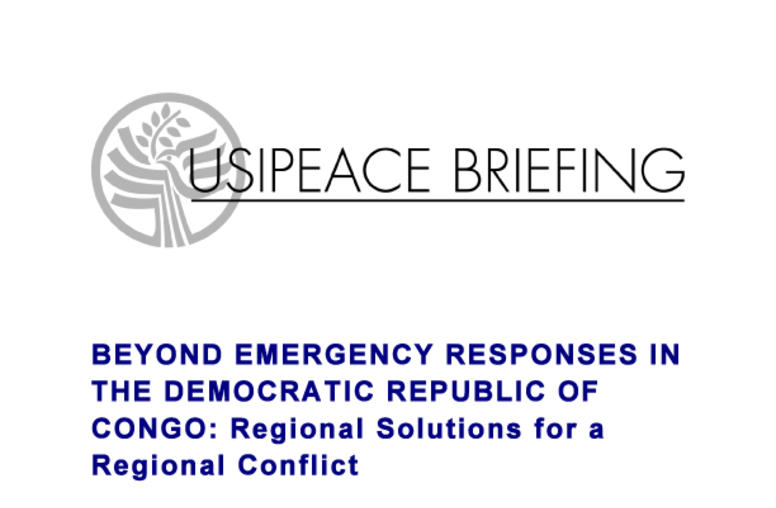
Beyond Emergency Responses in the Democratic Republic of Congo
In the Democratic Republic of Congo, the deadly conflict has claimed the lives of millions and appears to have no end. A new USIP report provides context to this protracted war, assesses current approaches and presents new options on how to resolve it.
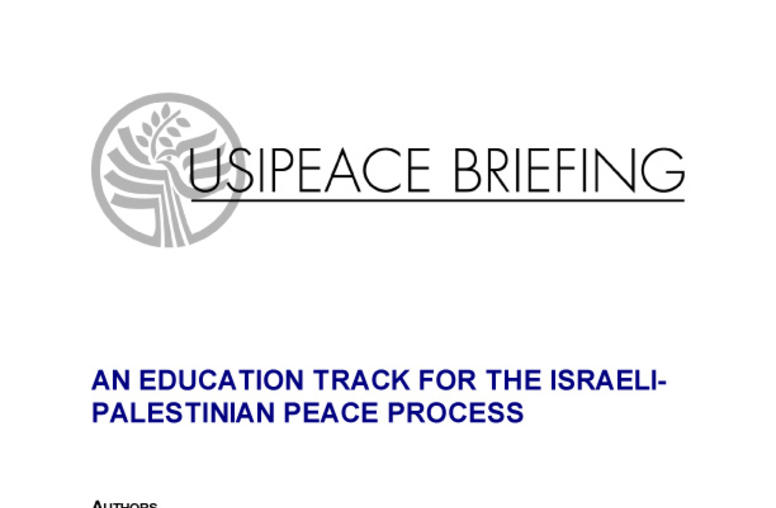
An Education Track for the Israeli-Palestinian Peace Process
Education plays a critical role in preparing communities for change and has made important contributions to post-conflict reconciliation in numerous war-torn societies, yet education issues have largely been excluded from past efforts to resolve the Israeli-Palestinian conflict. A new USIP report argues why an education track should be included in the negotiations phase and in the text of an agreement itself, and puts forward practical recommendations on how Israelis and Palestinians – and t...
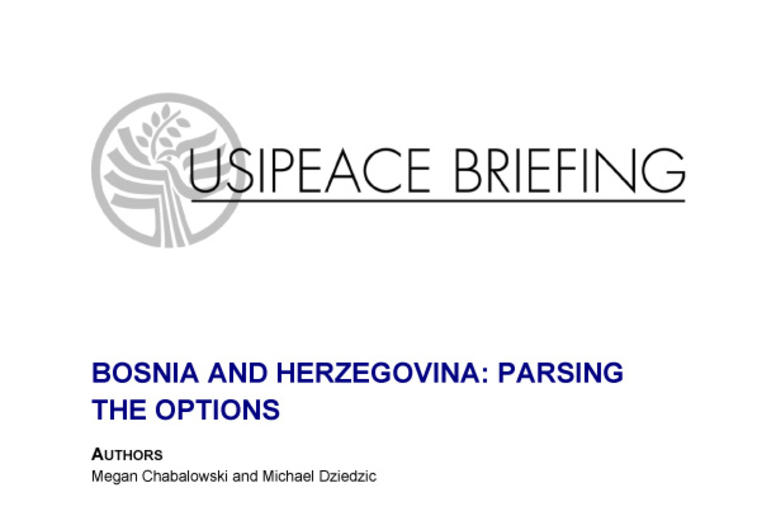
Bosnia and Herzegovina
USIP assesses several policy prescriptions and the areas of disagreement and agreement of how the international community and the region itself should address the problems in the struggling country.
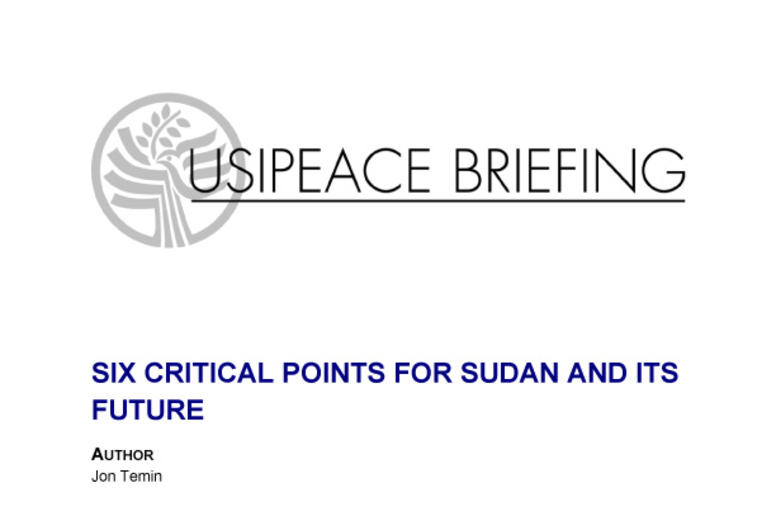
Six Important Issues for Sudan and Its Future
Most international attention devoted to Sudan has focused on the nationwide elections and the 2011 referendum on the status of southern Sudan. Yet, there are other aspects of the north-south dynamic deserving of discussion and strategic thinking that don't receive their due. In a new Peace Brief, USIP's Jon Temin examines six important issues and questions that require more consideration as the decisive events in Sudan’s political history approach.
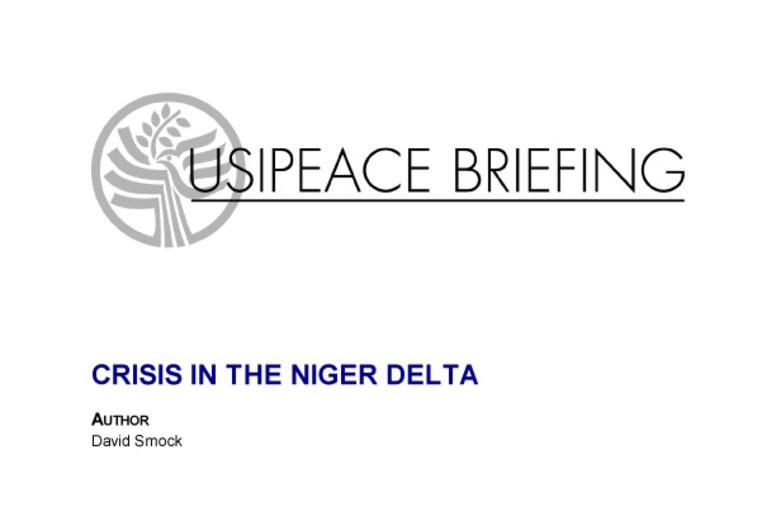
Crisis in the Niger Delta
USIP's David Smock explores the factors underlying and perpetuating the militancy in the oil-rich Niger Delta region of Nigeria. In this report, based on an 11-day trip to Nigeria in late August 2009, Smock analyzes the prospects for the amnesty process, and why stronger political processes and economic development could help address the roots of the conflict there.
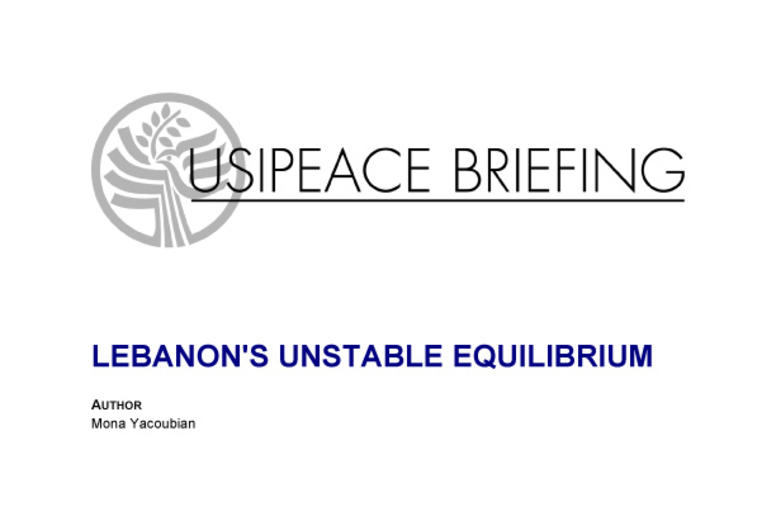
Lebanon's Unstable Equilibrium
Overview In the wake of Lebanon forming a new government, USIP assesses how the country can ensure ongoing political progress and stability. About the Author This USIPeace Briefing was written by Mona Yacoubian, a special adviser for the Muslim World Initiative at the Center for Conflict Analysis and Prevent at the United States Institute of Peace.
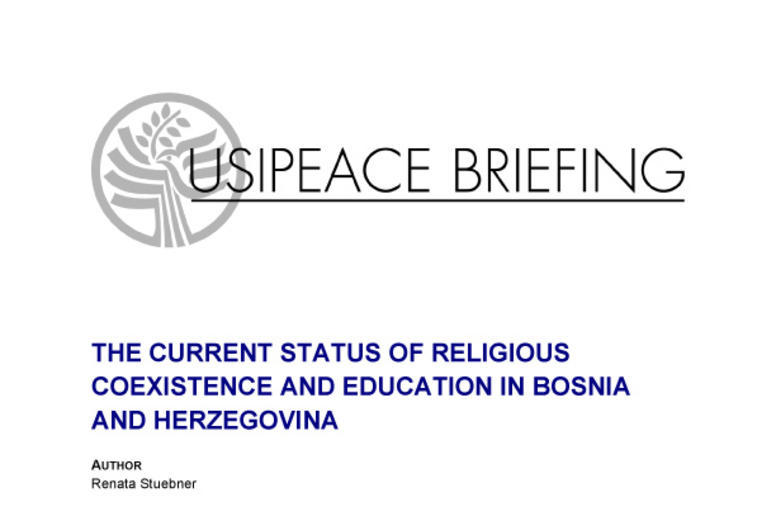
The Current Status of Religious Coexistence and Education in Bosnia and Herzegovina
As Bosnia and Herzegovina’s longtime tradition of religious coexistence is disappearing, USIP examines how education for new generations can improve multiethnic understanding in the postwar country.
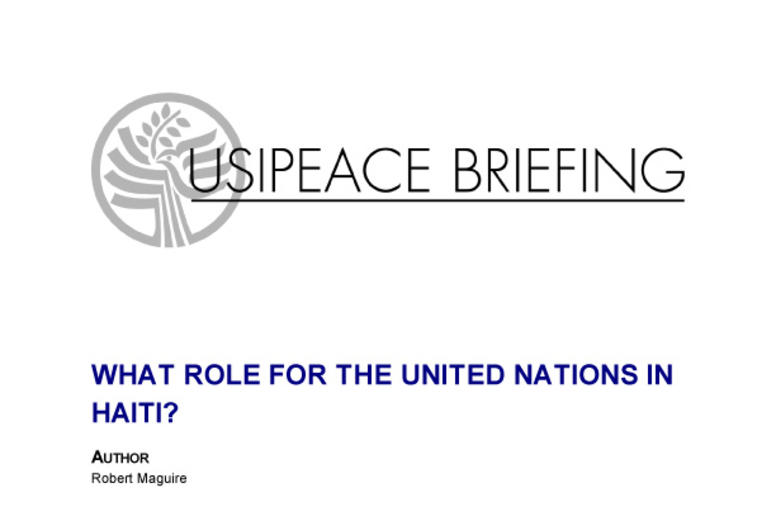
What Role for the United Nations in Haiti?
Overview On October 13, 2009, the United Nations Security Council unanimously approved a one-year extension of the mandate for the United Nations Stabilization Mission in Haiti (MINUSTAH). The sixth mission since 1995, MINUSTAH was first authorized in 2004. A new USIP report, "What Role for the United Nations in Haiti," details the recent progress made by the U.N. mission and international community. Author Bob Maguire explains the importance of maintaining a U.N. presence there and how to...
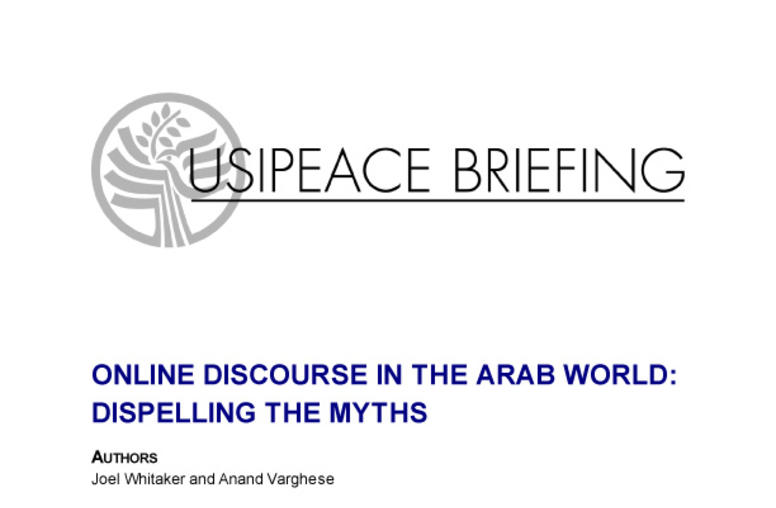
Online Discourse in the Arab World
A new USIP report examines online discourse in the Arab world and emerging trends of the blogosphere.